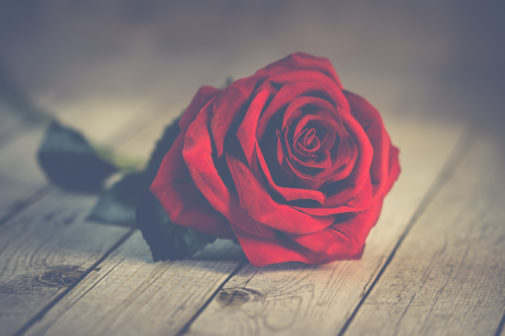In the wake of the rise of student activism promoting stricter gun control laws and all of the media attention its been receiving, there have been cries of foul. Why? Because student activists in urban communities haven’t received the same level of attention or support for their efforts to curb gun violence, despite the fact that, Black children are 10 times more likely to die from gun violence than white children, according to a recent article in the Washington Post. Racism, it seems, even infiltrates activism accolades in the United States of America. Sadly, this is not surprising.
Like many people, I supported the student walk-outs last week, encouraged my children to take a stand and generally felt a tremendous sense of pride and relief to see young people take on this issue. But when my own son came home and said, “But why are we standing up for the gun violence in Florida, when nobody stood up for the Black kid who was gunned down in South Philly last year? I had to pause before I answered.
WHAT COLOR IS VIOLENCE IN AMERICA?
My initial response to my son was that it was indeed unjust that the death of that young Black man went largely unrecognized, but at the same time, we should be thankful that there is momentum, no matter where it is coming from, to end the scourge of gun violence in this country. But is that true? Should we just join in the protests demanding gun reform without acknowledging the fact that only when White people get hurt does the country as a whole respond? Is there a benefit to pointing this out en route to your neighborhood protest? Should people of color sit out on the sit ins until equity is reached?
But what would equity look like? We can’t go back and change the fact that we have ignored gun violence in urban communities for generations. Should there be separate marches – one for gun violence in White communities and one for gun violence in communities of color? I don’t think so and nobody is actually suggesting that. Instead, I think the answer begins with acknowledgement. What do I mean by that? When given a public platform, anyone who has the ear of America must be sure to acknowledge that the victims of gun violence aren’t just innocent White people. They are also innocent Black, Latinx, Native, Asian and Muslim people. Regardless of where they live or what they do for a living, who they worship or sleep with at night, a person murdered by a gun is a victim and they didn’t deserve to have their life violently taken from them. There should also be acknowledgement of all of the work activists of color have been doing in this space with very little recognition, support or glowing media attention.
Ultimately, I think it behooves everyone who wants to see the NRA eviscerated and stricter gun laws enacted, to work with anyone who has the same goal, regardless of color or ethnic background. Earlier this month, a group of student activists from Florida met with student activists in Chicago to begin this process.
If all of America’s citizens concerned about gun violence band together, we will be a far more powerful force than a group divided, more powerful even, than the NRA. I’m sure the NRA would just love to see the gun control movement thrown off course by people getting caught up in a race-based debate over who the real victims of gun violence are. So, let’s not give them the satisfaction. Let’s create a coalition of many colors to fight until we get the kind of gun reform laws we deserve. (These countries have gun laws we should study closely.)
The color of violence is red, blood red, the color we all bleed regardless of race. We would be smart to always remember that.


Comments
2 responses to “What Color is Violence in America?”
Nancy,
Thank you for your comment. I agree 100 percent. I don’t care what color the protestors are, although I am happy to see people of all backgrounds enraged enough to take action, I just want to see results. I want to be able to send my children to school everyday without worrying they might be the next victims of gun violence.
If these Florida students can galvanize the rest of the country to achieve stricter gun laws, I don’t care what color the students are. Just today there was another shooting of an unarmed black kid by a police officer because the cop THOUGHT the kid had a gun. What he held was his cell phone. Unfair, unfounded, racially motivated…and yet, as long as we have such easy access to guns, that suspicion will always generate the same response…especially if the suspect is a person of color.